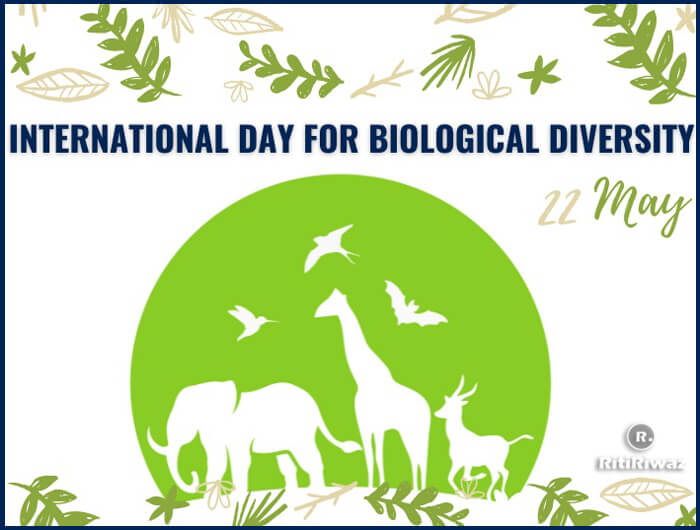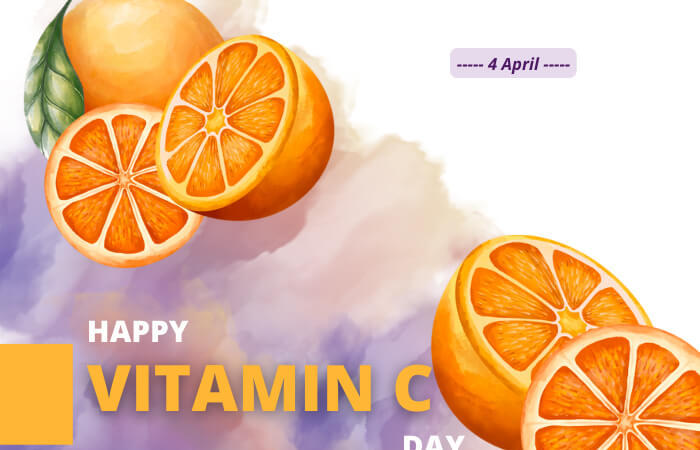International Day for Biological Diversity

International Day for Biological Diversity (IDB) or World Biodiversity Day, is observed on 22nd May to increase understanding and awareness of biodiversity issues. It’s a day to celebrate the natural wonders of our world, but also one to consider our connection to the biosphere – the Earth – and the important role it plays in supporting life.
The day is marked on different themes every year. The theme for International Day for Biological Diversity 2024 is “Be part of the Plan.” The theme calls to action for all stakeholders to halt and reverse the loss of biodiversity by supporting the implementation of the Kunming-Montreal Global Biodiversity Framework, also referred to as the The Biodiversity Plan.
History
The UN-designated 22 May as International Day for Biological Diversity, to mark the day on which the Convention on Biological Diversity (CBD) was signed in 1992. Two days before that, the European Commission plans to unveil its EU 2030 biodiversity strategy and the related Farm-to-fork (F2F) strategy for sustainable food production.
In December 2000, the UN General Assembly adopted the 22nd of May as the International Day for Biological Diversity, to commemorate the 22nd May 1992 of the Nairobi Final Act of the Conference for the Adoption of the Agreed Text of the Convention on Biological Diversity.
Biodiversity is all nature, all forms of life on earth; from individual species to entire ecosystems. Biodiversity is also seen as the natural infrastructure supporting all life on earth- including human life. Biological diversity, as we all know, is of tremendous importance. Our lives depend on it in dozens of ways, from providing our food to cleaning our air and water and providing us recreation and inspiration. However, as we all also know, biodiversity is generally sacrificed to the more direct and immediate demands of the economic system.
The creation of the Convention on Biological Diversity was a giant step forward in recognizing and valuing those aspects of nature’s bounty that typically lie outside the economic system. The Convention actually entered into force on December 29, 1993, after it had been ratified by at least 30 nations. Today, 196 countries are parties to the convention, including the European Union (adding 28 countries to the list). The U.S. is one of only a handful of countries that have not joined the convention, despite being a leader in its origin and content. The U.S. acts in accordance with the convention, but the Senate has never taken up the necessary action to ratify U.S. commitment.
The convention proclaims that “conservation of biological diversity is a common concern of humankind,” and it lists three specific objectives as “the conservation of biological diversity, the sustainable use of its components and the fair and equitable sharing of the benefits arising out of the utilization of genetic resources….”
Biodiversity is important
Everything we do in our daily lives relies on a resilient planet with abundant species and healthy ecosystems. Think for a moment of the many benefits our planet provides – clean air, flood, and storm surge protection, food production, raw materials Biodiversity is the engine that makes it all possible.
-
By securing the life-sustaining goods and services that biodiversity provides to us, the conservation and sustainable use of biodiversity can provide significant benefits to our health.
-
Diets based on a diversity of food species promote health and can help to protect against diseases by addressing the problem of micronutrients and vitamin deficiencies.
-
Studies of wildlife anatomy, physiology, and biochemistry can lead to important developments in human medicine.
-
Biodiversity loss and ecosystem change can increase the risk of emergence or spread of infectious diseases in animals, plants, and humans.
As we celebrate our planet’s tremendous wealth of biodiversity, there needs to be a commitment from everyone to also keep the promise of eliminating world hunger.
How to celebrate
Despite the ongoing COVID-19 pandemic and the cancellations of physical social events, we are all hopefully still very connected in a virtual world that allows us to celebrate this important week in the calendar. It’s a good time for us to celebrate ‘biodiversity’ and to reflect on our dependence on nature.
Visit farmer’s markets in your local area to try new types of produce. Whether you incorporate heirloom tomatoes into your cooking or try one of the rainbows of colors of carrots out there that aren’t orange, biodiversity can bring a great new experience to your table.
View photos of endangered species on the Internet and discuss the reasons why these animals are threatened and why they should be protected.
Join a community group and help to remove invasive plants from your local environment. These teams of volunteers will gather to remove plants that are impacting the local fauna’s biodiversity by taking over natural growth areas.
Get out into the world and enjoy all the different types of life your local area offers. Even a local park can have an amazing variety of life you’ve never noticed, from the insects crawling through the grass to the flowers we so clumsily lump together as ‘wildflowers’.
Suggested Read: Important Days In May






